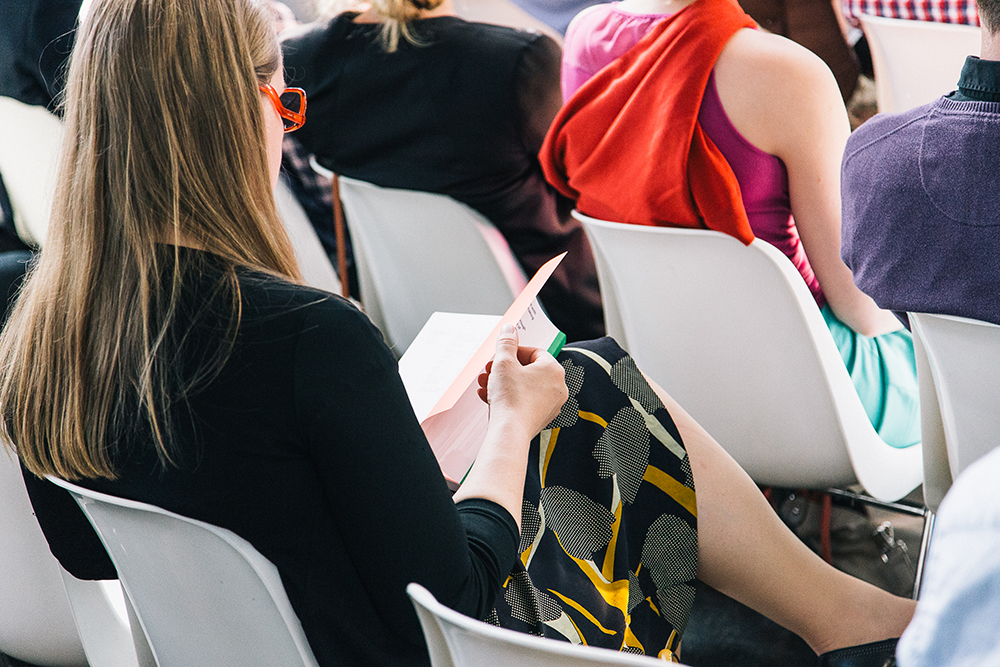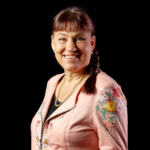How can expert panels help to increase the impact of information? Eeva Hellström and Katri Vataja consider this issue in our research team’s blog.
In the 2010s, expert panels have become a fashionable way of operating at the interface between research and the users of new knowledge. Such panels can enable the use of research results by society. However, the social impact of science is often seen only after a very long lead-time and it is hard to verify, let alone measure.
Ways of boosting the social impact of expert panels were explored in a recent joint discussion involving expert panels promoting sustainable development and knowledge users. These discussions emphasised the wicked problems inherent in many sustainable development challenges and the importance of multiple perspectives and actors when solving such problems. While the independence and autonomy of panels will continue to be important, the participants felt that they could engage in closer interaction and communications collaboration.
Panel boom
Finland has several expert panels related to the topic of sustainable development, such as the Expert Panel on Sustainable Development, the Finnish Climate Panel, the Finnish National IPCC Committee, the Nature Panel, the Bioeconomy Panel and the Finnish Economic Policy Council. The Strategic Research Council and the Government’s analysis, assessment and research activities (TEAS) also operate in this field. Since most of the panels were appointed after 2010, it is safe to say that we are experiencing a boom in expert panels.
The panels have a range of mandates and operating models as well as their own goals and core duties, as the survey by Future Earth Finland and Tanja Suni’s presentation.
While a multidisciplinary approach is a key starting point when attempting to meet the complex challenges of global change and sustainable development, so too is a multi-actor approach.
However, many panels have relatively modest resources for generating knowledge and new perspectives, given the complex issues that global change involves. For this reason, over the last year the panels have begun discussing how to step up the synergies between them.
A workshop Kestävän kehityksen kohtaamo (Meeting point of sustainable development) arranged in the beginning of February for the Commission on Sustainable Development called for the enhancement of such synergies.
Over the year, various expert panels have been meeting regularly with the assistance of Future Earth Finland, the National Committee for Global Change Research in particular. In addition, the Forum for Environmental Information has endeavoured to compile and communicate information on the activities of various panels.
This week, the expert panels launched a joint discussion initiative aimed at research funders and the users of research results. A group of around 30 people consisting of panel representatives, knowledge users and funding bodies met at the House of Science and Letters to discuss how to make better use of the panels in order to increase the social impact of research, and the kinds of interfaces and cooperation platforms possible in communication with funding bodies and knowledge users.
Impact sparks widespread interest for many reasons
High quality, effective research is the common goal of researchers, funding bodies and knowledge users. Since 2004, societal impact has been set down in legislation as the third task of universities. However, it is not self-evident what ‘impact’ means in different contexts.
Research impact indicators have been a subject of discussion in recent years, particularly in the United Kingdom. What should be taken into account when assessing and measuring the impact of research? By impact, we mean extensive, long-term changes in society as a result of goal-based activities. Let’s take a look at both of these perspectives.
‘Wicked’ problems an obstacle to having an impact
When assessing impacts, the focus is on the complex relationship between cause and effect. In fact, the key question is ‘what impact – and on what – are we assessing’? We need to understand the special characteristics and diversity of science and research on the one hand, and the operating environment and the systemic, complex nature of phenomena on the other.
Social changes are a non-linear result of several factors and, it is almost impossible to use indicators to assess the overall effect of individual programmes and interventions. We need to understand how the whole system functions and how various factors interact.
What kind of added value could multidisciplinary panels bring to socially significant research questions, when the problems to be solved are becoming increasingly complex?
Sometimes, expert panels are expected to know everything going on in their field and to be able to answer any question. Perhaps the strength of such panels lies in the fact that they are able to come up with new questions and frames of reference for scientific and societal discussions and to make sense of extensive, difficult issues.
In his presentation, Markku Kulmala of Future Earth Finland reminded us of the intertwined, wicked issues involved in global change and that sustainable development issues cannot be resolved individually.
“Few people involved in science are doing integrative work and there are separate scientific panels for the various aspects of sustainable development,” Kulmala noted. Kulmala believes that, in responding to wicked problems, we need a clear, ambitious vision that can be realised on the basis of multidisciplinary approaches. In addition, strong interaction is required between theoretical understanding and experimental data.
The need to compile information and syntheses, including internationally, was also raised – expert panels were viewed as potentially playing a key role in this. Similarly, the participants believed that expert panels could play a central role in disseminating information and interpreting central information needs – from research to funding bodies and decision-makers and vice versa.
A wide-ranging impact
In assessing impacts and effectiveness, the time frame is a key aspect. For example, the time frame in which it is realistic to expect certain types of impacts depends on the nature of the research. Different time perspectives are often highlighted as a factor that makes it difficult to use research results in decision-making.
Although impact time frames are long, it would be useful to monitor and communicate on the direction being taken by development and on the anticipated impacts. However, this would require a visionary approach. Furthermore, the need to position expert panels in relation to the joint vision on sustainable development was raised in the workshop’s group discussions. Finland’s vision for sustainable development was presented in The Finland we want by 2050 – Society’s commitment to sustainable development.
Various measures and indicators can be used to monitor changes in the desired outcome. In our discussion, we considered it important that measures and indicators be used to verify that things are moving in the right direction as indicated by the vision, rather than gauging the achievement of absolute values. This can best be done using several indicators, since individual indicators could even lead us onto the wrong track when trying to achieve our vision.
Impact is interaction
The recent cuts to research and education funding have been strongly criticised. However, Laura Höijer of the Ministry of the Environment viewed the funding situation in sustainable development as being far from hopeless.
“Happily, strategically allocated funding has been directed towards research supporting sustainable development via the Strategic Research Council and the Government’s analysis, assessment and research activities. The challenge lies in how the ministries can find the time to use all of the information generated. Based on the experiences of the Ministry of the Environment, actors at the interface between research and knowledge users will be of great help in this,” Höijer stated.
The role of community networks and discussion on both national and international level are crucial when aiming to have an impact. So, what kinds of research information and interaction, networks and processes could make an impact? In the discussion, it was pointed out that the panels could make Finnish decision-makers aware of good examples which could be publicised in international contexts. Continuing to exchange experiences on the social impact of research was viewed as important. However, the participants thought that cooperation between panels should be coordinated without creating new structures that would make this less flexible.
Weekly notes is a series of blogs offering insights into the topical issues being discussed each week by Sitra’s research and strategy team.

